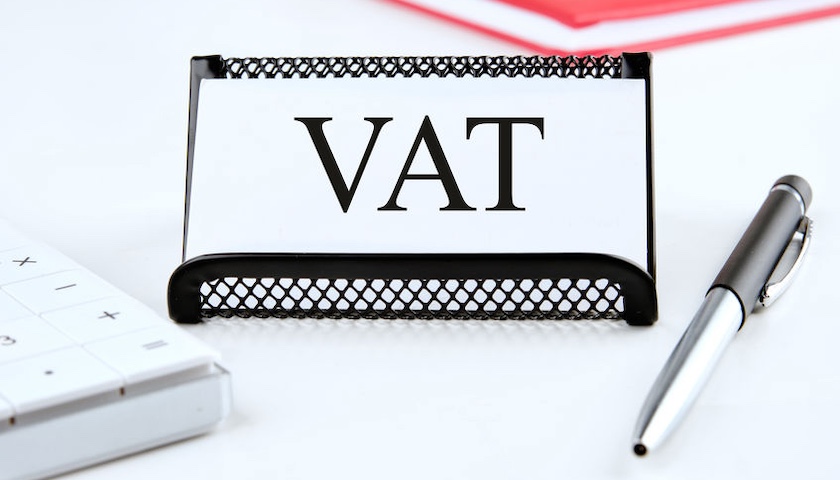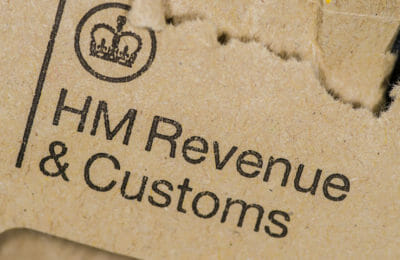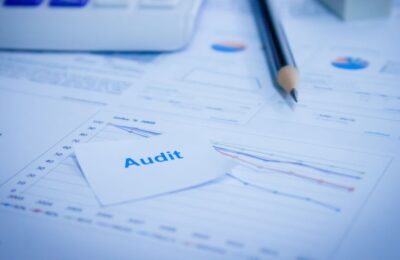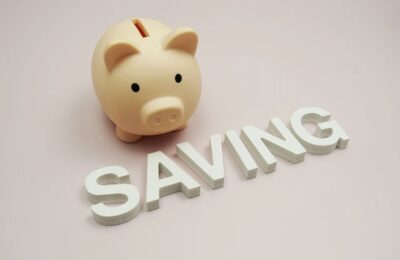If you’ve heard of the VAT flat rate scheme but you’re not sure how it works, you’ve come to the right place.
This post gives you a bit of background to the scheme, how it operates, and whether it’s worth registering your business.
How does VAT normally work?
When a business is registered for VAT, it not only pays VAT on its purchases, but also charges VAT to its customers.
If the company spends more in VAT on purchases than it charges to its customers, it can claim back the difference from HMRC. If it charges customers more VAT than it spends on purchases, it pays the surplus VAT to the taxman.
For some smaller businesses, the normal VAT scheme can be a hassle. This is where the VAT flat rate scheme can be helpful.
What is the VAT flat rate scheme?
The flat rate scheme simplifies that way businesses handle VAT.
Essentially, your business will pay a fixed rate of VAT to HMRC, even though it will continue to charge the normal rate on sales and pay the normal rate on purchases (normally 20%). The rate you will pay to HMRC depends on the type of business you have. For example, an accountancy or bookkeeping firm would pay a relatively high amount of 14.5%. A retailer selling items like food, newspapers or confectionery would pay a much lower amount of 4%.
The business can then keep the difference between what it charges customers and what it pays to HMRC. This can mean a helpful profit, particularly for those who charge more VAT than they spend on purchases.
The main drawback, though, is that your business can’t reclaim any VAT on purchases (except some capital assets over £2,000). So, if your business spends more on VAT than it charges, joining a flat rate scheme can result in you losing money.
Who is eligible for the scheme?
You can join the flat rate scheme if you’re VAT registered and you expect your VAT taxable turnover (excluding VAT) to be under £150,000 over the next 12 months.
However, there are various exceptions. For example, you can’t joint the flat rate scheme if you left during the last year, or if you committed a VAT offence during the same period.
We can advise you on whether you’re eligible to join the VAT flat rate scheme.
What rate will I pay?
As we mentioned, the flat rate you will pay depends on the sector your business belongs to. You can find a list of sectors and rates here.
However, it’s worth noting that if you’re classed as a ‘limited cost business’, you’ll pay a higher rate of 16.5%. This happens if the amount you spend on goods is less than 2% of your turnover and/or under £1,000 annually.
An example of how the flat rate scheme works
With the flat rate scheme, you calculate how much tax you pay by multiplying your flat rate by your ‘VAT inclusive turnover’.
Here’s an example:
- You bill a customer £1,000, adding VAT at 20% to make £1,200 in total
- You’re a travel agency, so your flat rate is 10.5%
- Your flat rate payment to HMRC is 10.5% of £1,200 (£126)
As you can see, under the scheme, this business charges £200 VAT but only pays £126 to HMRC. While this is a tidy profit, the business is not allow to claim back VAT it spends on purchases. Therefore it may or may not be worth being part of the scheme, depending on how much the business usually spends on VAT purchases.
Should I join the VAT flat rate scheme?
If you are thinking of joining the VAT flat rate scheme, we strongly recommend getting expert advice first. There are other VAT schemes that may be a better fit for you. These include VAT cash accounting and VAT annual accounting schemes. To learn more, visit our VAT Returns & Services page or get in touch with one of our friendly accountants today.
About Karen Jones
Having worked for one of the world’s largest accountancy firms, Karen Jones uses her tax knowledge and skills to help clients obtain substantial reductions to their tax liabilities.
With an expanding portfolio of tax clients, Karen enjoys the variety her work brings her and particularly likes working with new businesses and people. With a growing number of tax clients, she frequently faces a variety of challenges and relishes the experience she gains as she solves them.
Karen likes the THP ethos: “I like the way the team has a professional, but friendly and down-to-earth approach – it creates a productive atmosphere that benefits everyone.”
Karen’s specialist skills:
- Personal Taxation
- Tax Efficient Planning
- Trust Administration












